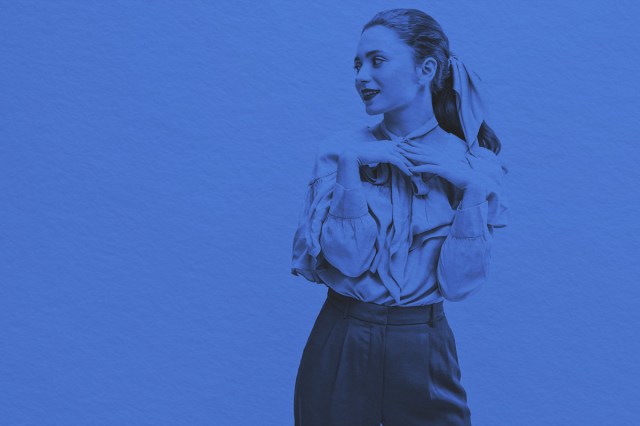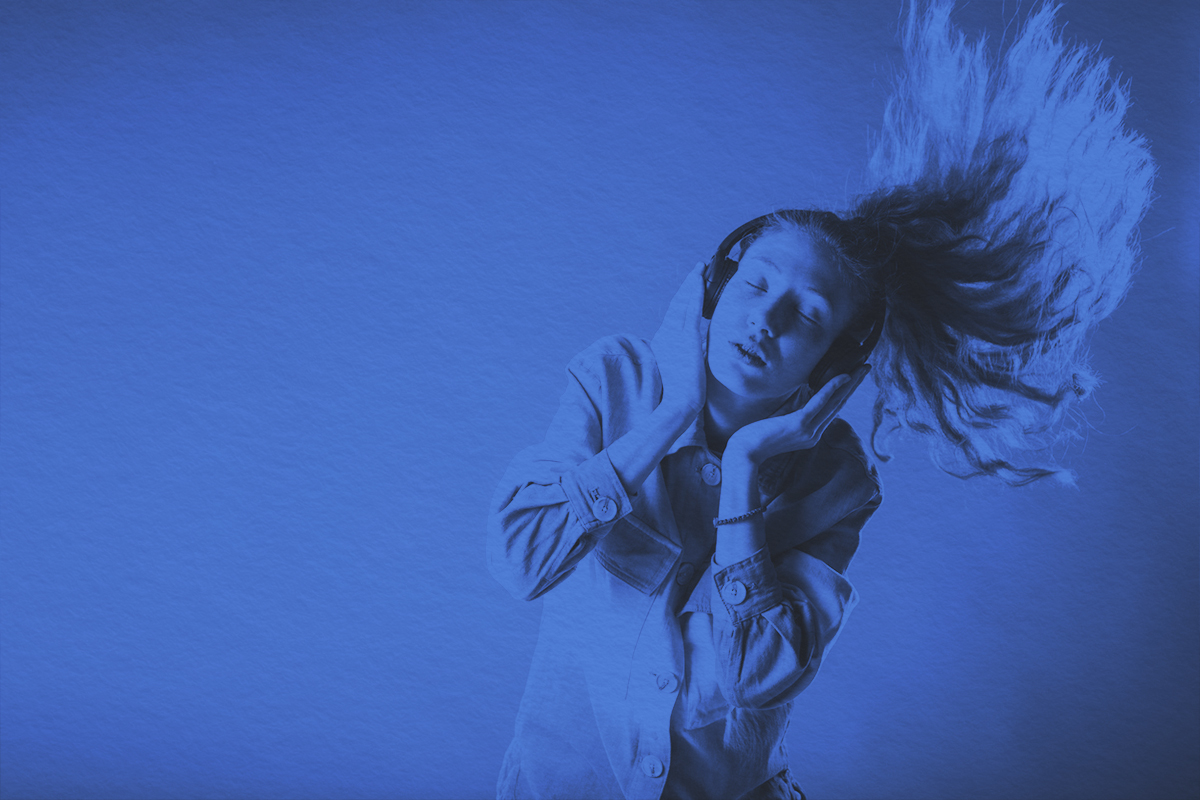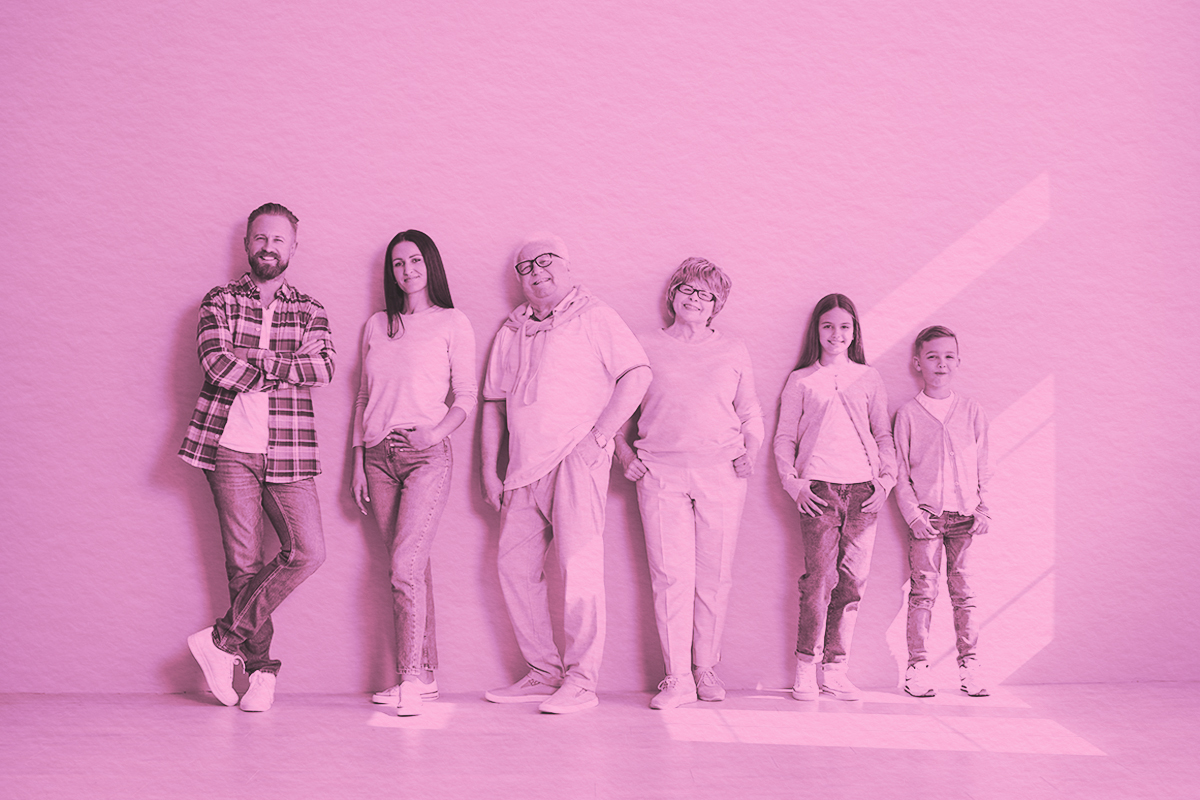
Those of us who are from the 1900s (as the kids say) likely equate the idea of being “preppy” with boat shoes, sweaters tied around your shoulders, and yachting with grandpapa in Nantucket. But that classical definition of preppy has changed in recent years, especially among Gen Zers. This made me wonder how the term has evolved over the generations since it was first coined.
The Oxford English Dictionary (OED) notes the word “preppy” was first used in 1900 as a synonym of “immature.” “Preppy” was in reference to “prep school,” where the students were children and teens — hence the “immature” connotation. This use was sporadic until the 1950s, a decade that marked the emergence of the baby boomer generation. However, the earlier term related to the school structure is the noun “prep.” Since at least the mid-1800s, to call someone a “prep” meant that they were a prep school student, and the school names themselves were often shortened. We see an example in a famous depiction of mid-20th-century prep school culture in J.D. Salinger’s Catcher in the Rye: “Pencey Prep is this school that’s in Agerstown, Pennsylvania.”
During the early 1960s, “preppy” came to refer to a specific fashion style worn by those who attended prep school — individuals who tended to belong to a conservative, wealthy social set. This style could be described as neat and classic, characterized by ties, sweaters, and school emblems. During the peak Generation X years (do the math for the young adulthood of those born between 1965 and 1980), the preppy style included plaid, herringbone, and houndstooth patterns, as well as tailored suits, loafers, and silk blouses.
Preppy fashions and attitudes spanned Gen X and millennial pop culture, depicted by conservative teen Alex P. Keaton on the 1980s TV show Family Ties, the Walsh twins in the 1990s TV phenomenon Beverly Hills, 90210, the snotty rich girls in the 1989 dark comedy Heathers, and high-society characters such as Carlton Banks from The Fresh Prince of Bel Air and the prep school students of Gossip Girl.
But while the word “preppy” had a similar connotation for the latter half of the 20th century, it means something very different for a Gen Zer. Instead of being restricted to the prep school social set, it has evolved into an aesthetic that anyone can achieve. TikTok user @preppyygals defines “preppy” as a fashion style that includes flowy, colorful dresses and shoes stamped with bright stars and other bedazzled elements. In a Today show story, a Generation Alpha member defined the aesthetic by retailers Lululemon and Lily Pulitzer. Another said it’s “when you wear pink and wear smiley faces.” This shift of “preppy” from a strict reference to prep schools to an open aesthetic (very different from tailored prep school uniforms) demonstrates how slang terms continue to expand and evolve the more people use them. What will “preppy” become for Generation Beta?

















